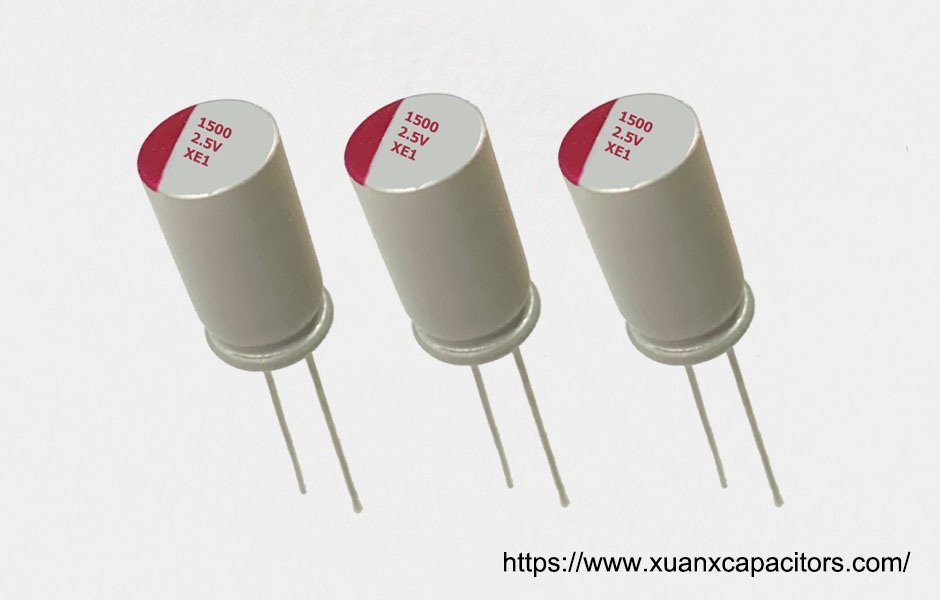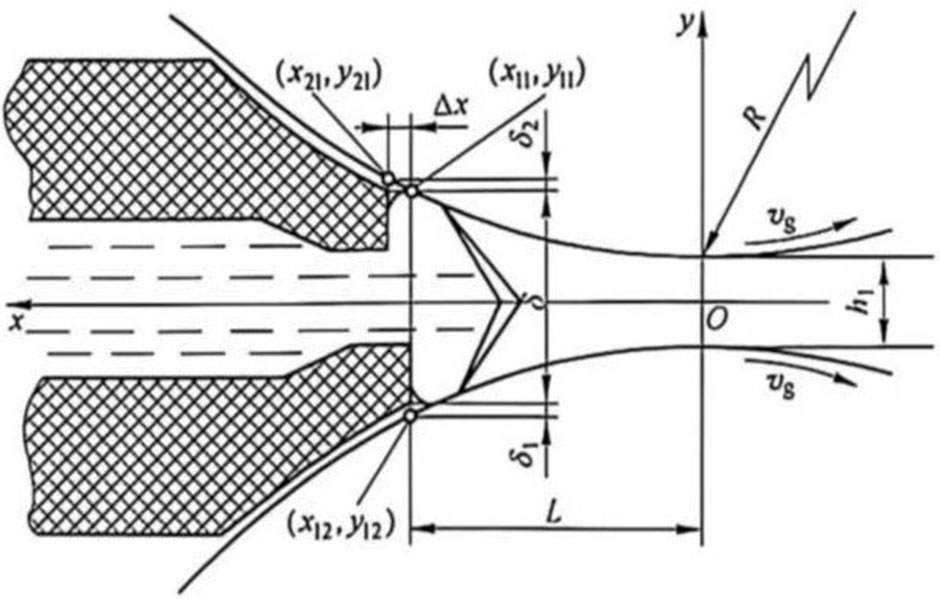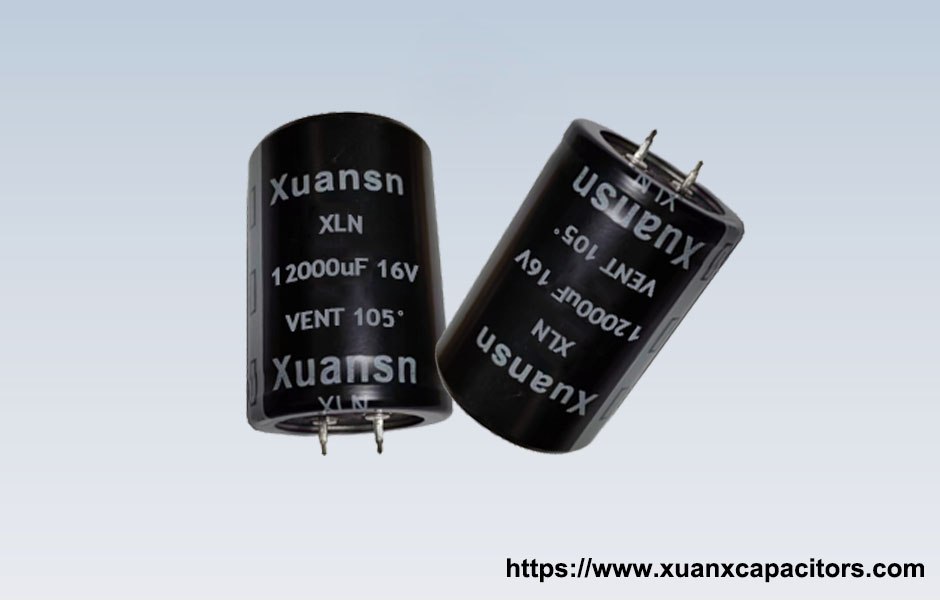The following two factors can be considered when Selection of coupling capacitor:
1. If the capacity of the coupling capacitor is too small, low-frequency signals will be severely attenuated when passing through the coupling capacitor, or even fail to pass.
It is best to use a signal generator to inject a signal at the input of the coupling capacitor when making a circuit, and use a visualizer to observe whether the signal is severely attenuated. Note that the frequency and amplitude should be roughly the same as the actual circuit.
2. When the coupling capacitance is too large, the circuit will be delayed. After the circuit is powered on, it takes tens of seconds to respond, especially when the signal amplitude is small.
The best choice: The coupling capacitor capacity should be selected to ensure that the input signal does not attenuate after the coupling capacitor.
Working principle of coupling capacitor
According to the principle of electrical engineering, the capacitance of the capacitor Xc depends on the frequency f of the current and the capacity C of the capacitor: Xc=1/2πfC. The frequency of the high-frequency carrier signal is usually 30~500kHz. For the 50Hz power frequency, The impedance presented by the coupling capacitor is 600~1000 times larger than the impedance presented by the high-frequency signal, which is basically equivalent to an open circuit, and for the high-frequency signal, it is equivalent to a short circuit.




